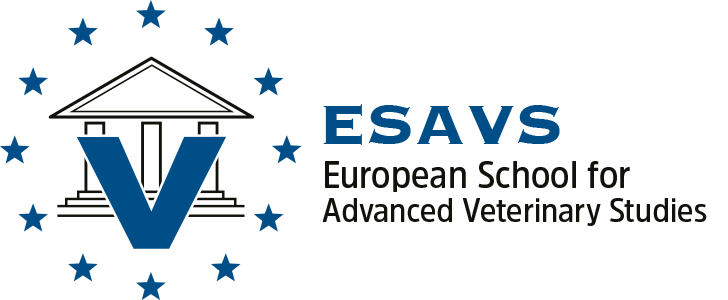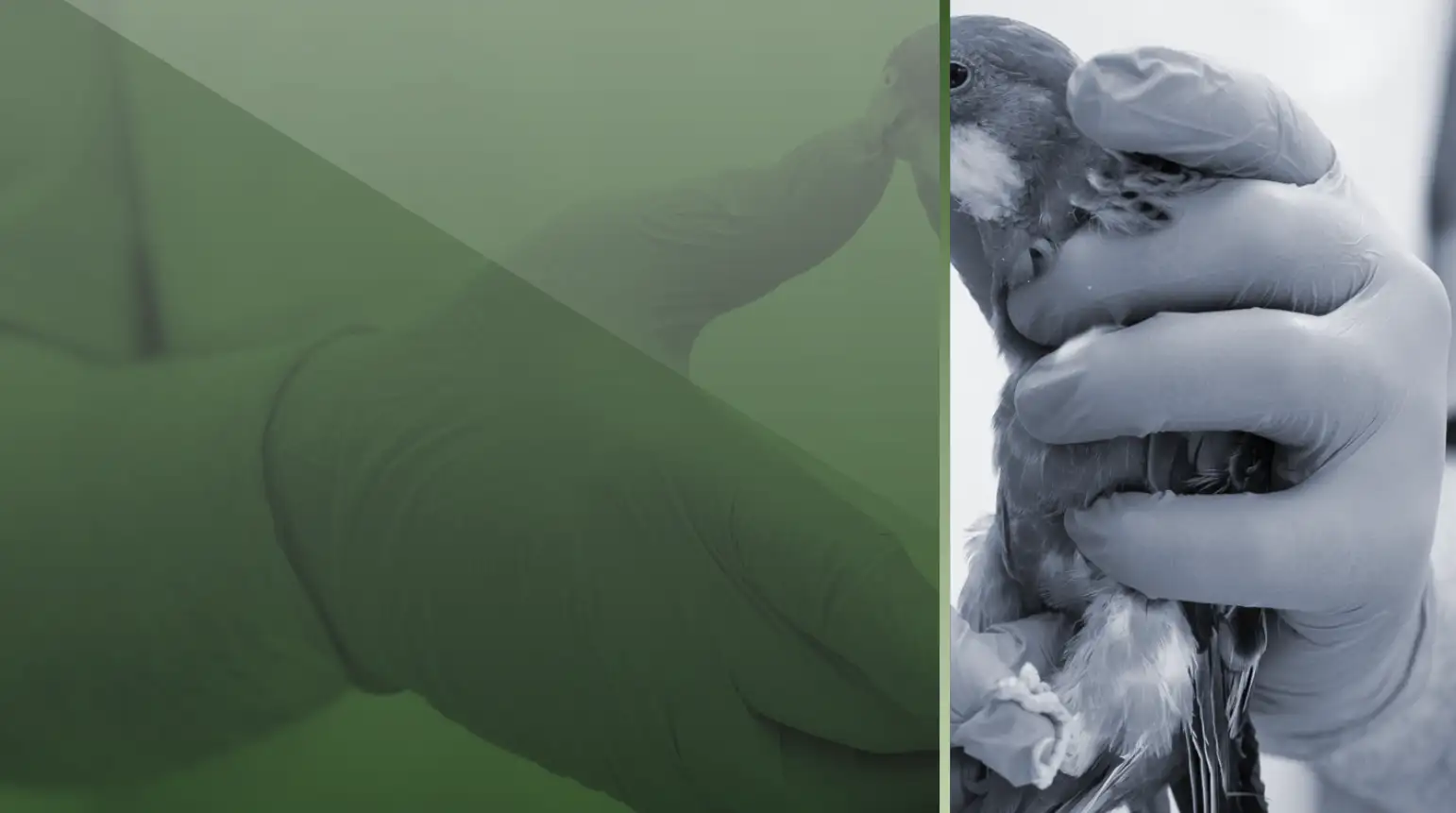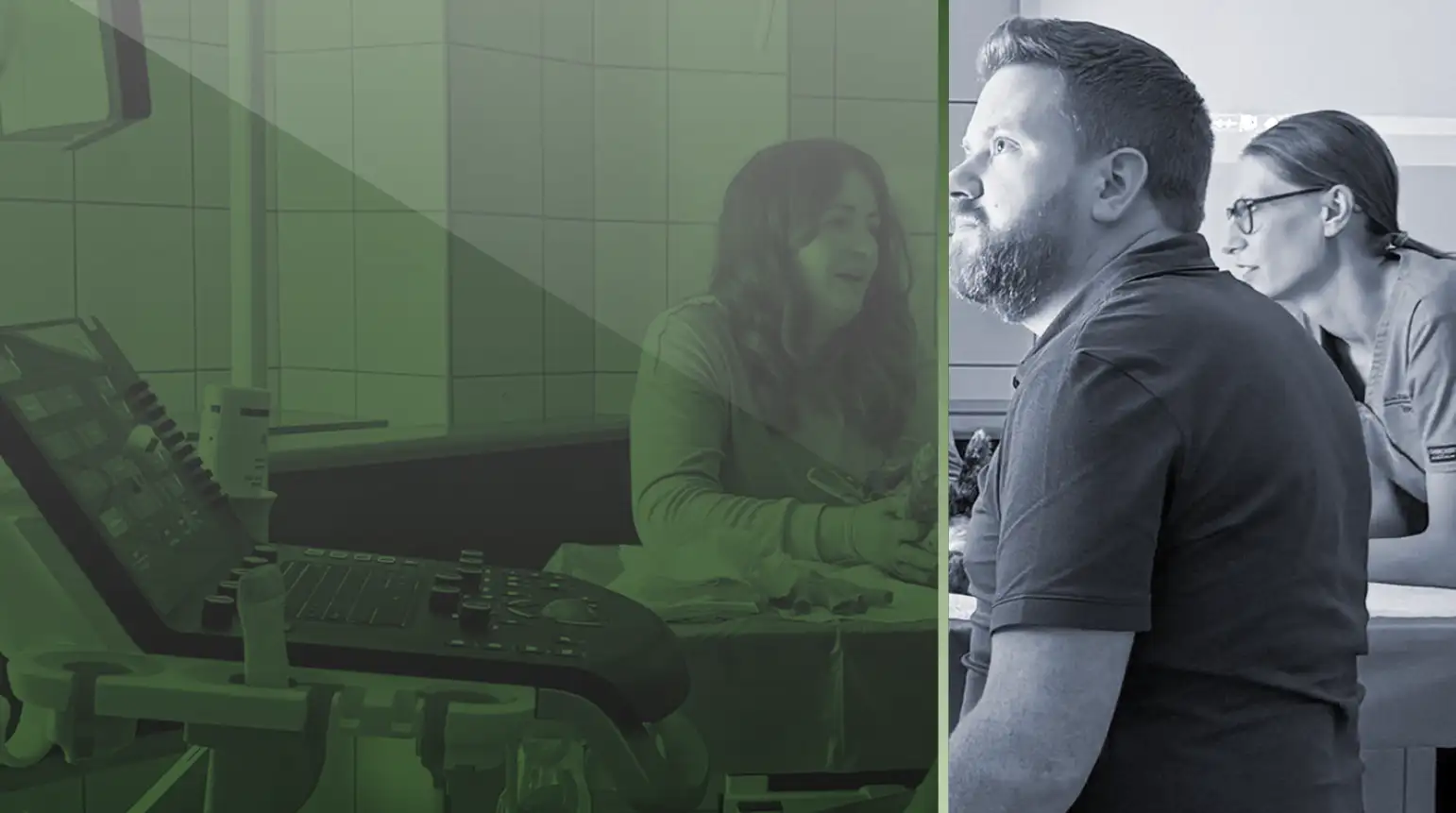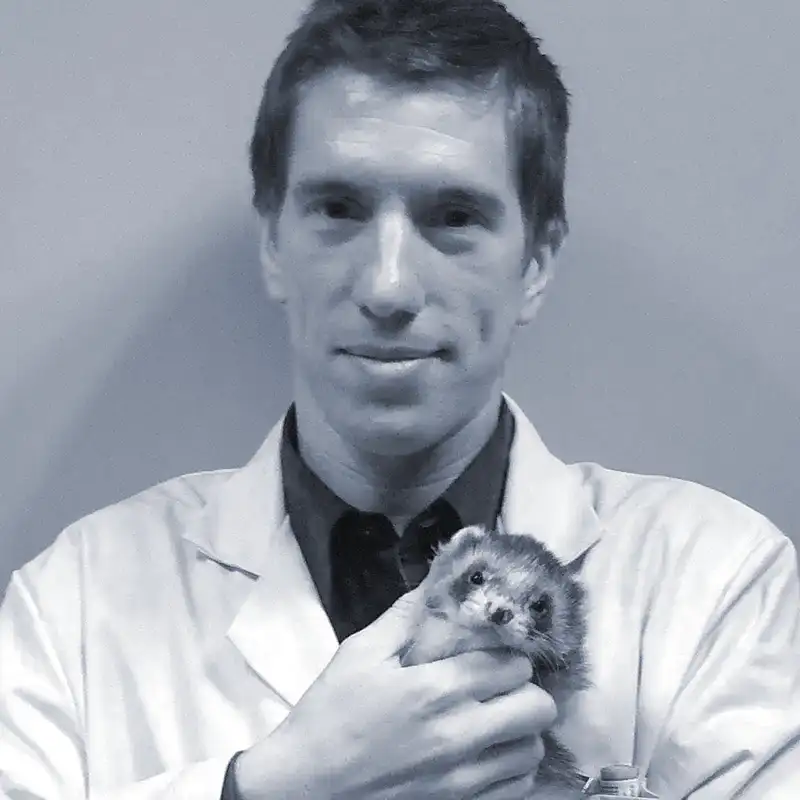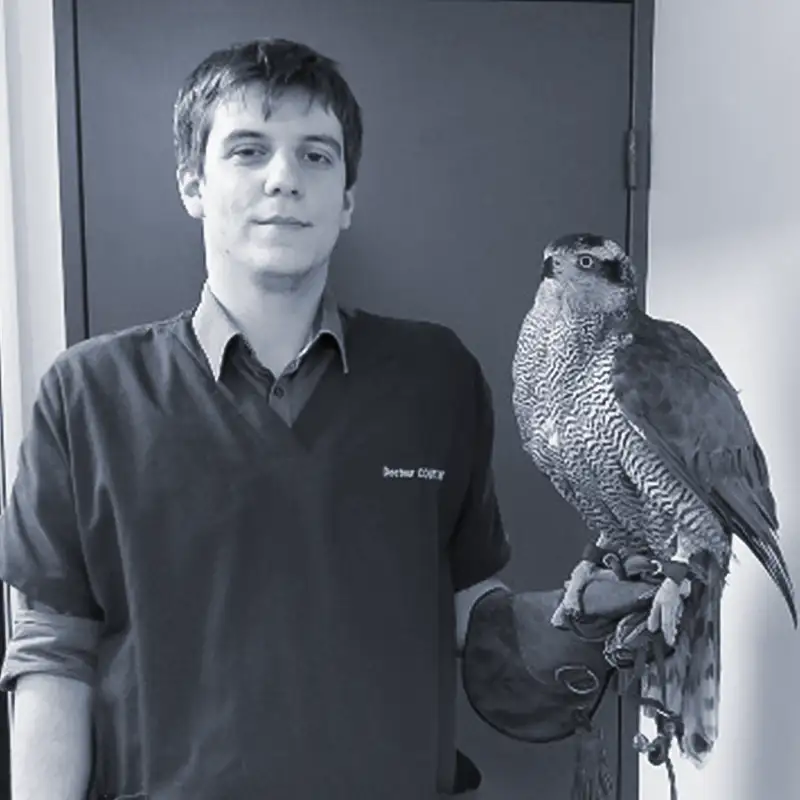European School for Advanced Veterinary Studies
Individual Courses and Comprehensive Study Program
Exotic Pet – Small Mammal: Diagnostic Imaging and Medicine
ESAVS is delighted to organize this new course on Small Mammal Diagnostic Imaging and Medicine. The small mammal courses have been totally reorganized since the first sessions in 2021 with new topics and new lecturers. This course is design for practitioners who already work with small mammals and who are willing to improve their knowledge and practice in this topic. The course will be illustrated by several clinical cases, and the lecturers will always pay attention to share with the participants the latest evidence-based data published and emphasize clinical application of these publications.
The first part of the course will focus on diagnostic imaging with lectures presenting radiography (including contrast), ultrasound techniques and radio anatomy in order to finely interpret the images. The CT scan and MRI lecture will focus on reasonable but necessary indications to perform these diagnostics and interpretations of the main lesions. These lectures will lead to an interactive clinical cases session and an ultrasound wet lab where the participants will be trained to perform abdominal ultrasounds on different live small mammal species.
The second part of the course will be on medicine with lectures on cardiology, pneumology, uro-nephrology, gastroenterology, reproduction, ophthalmology, dermatology, neurology and oncology. During these lecture, new and emerging diseases will be presented as well as updates on common diseases in order to give practical tools the practitioners to be able to improve the medical management of their patients. These lectures will lead to an interactive clinical cases session and a wetlab on cadavers about noninvasive endoscopy (oculoscopy, otoscopy, rhinoscopy, esophagoscopy, gastroscopy, coloscopy, cystoscopy on rabbits and guinea pigs).
Learning outcomes
At the end of the course, participants will be able to:
- Interpret skull, thoracic and abdominal radiographs in small mammals.
- To perform and interpret an abdominal ultrasound in small mammals.
- To prescribe and to interpret major lesions on CT scan and MRI in small mammals.
- To diagnose and to treat the most important medical diseases in small mammals.
- To perform noninvasive endoscopy in rabbits and guinea pigs.
Main topics:
Radiography. Contrast radiography. Abdominal ultrasound. Introduction to CT scan and MRI.
Cardiology, pneumology, uro-nephrology, gastroenterology, reproduction, ophthalmology, dermatology, neurology and oncology.
Noninvasive endoscopy.
Wetlabs:
Abdominal ultrasound on small mammals supervised by small mammal and diagnostic imaging instructors.
Noninvasive endoscopy in rabbits and guinea pigs.
Journal clubs, discussions and controversies:
Principles of evidence-based medicine in small mammal and its use in clinics.
Two one-hour recorded webinars will be perform at 1 month and 2 months after the course. The topic will be decided depending on the demands of the participants.
Exotic Pet – Small Mammal: Anaesthesia and Surgery
This course is not for beginners in small mammal practice, but for practitioners who are already receiving small mammals on a regular basis. It is a cases-oriented course, presenting clinical data from the latest literature and illustrated with clinical cases.
Exotic Pet – Avian Medicine and Surgery
This course is designed for veterinarians who wish to deepen their expertise in avian medicine and surgery, with a focus on the practical and theoretical knowledge required to manage the health of exotic bird species commonly encountered in clinical practice (including psittacines, passerines, raptors and chickens). Participants will explore essential aspects of avian husbandry, anatomy, physiology, and pathology as well as main clinical techniques including anesthesia, surgery, endoscopy and imaging techniques, gaining the confidence and skills necessary to provide exceptional care.
Exotic Pet - Reptile Herpetological Medicine and Surgery
This course is designed for veterinarians seeking to enhance their clinical knowledge and practical skills in reptile medicine and surgery. The course provides an in-depth exploration of reptile taxonomy, anatomy, physiology, and husbandry, with a primary focus on snakes, lizards, turtles, and tortoises commonly encountered in European clinical practice. Participants will gain essential expertise in areas such as nutrition, clinical examination, diagnostic imaging, anesthesia and analgesia, infectious diseases, internal medicine, surgery, and endoscopy. Through lectures, interactive workshops, and case-based discussions, attendees will develop the confidence and competence to manage a wide range of reptilian medical conditions and deliver high-quality care in clinical settings.
